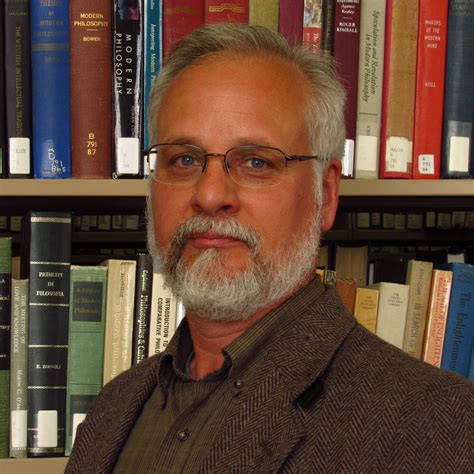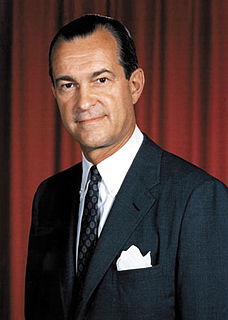A Quote by Benjamin Wiker
There once was a man called Rousseau who wrote a book containing nothing but ideas. The second edition was bound in the skins of those who laughed at the first.
Related Quotes
My specialty as a collector is books that almost have value. When I love a book, I don't buy the first edition, because those have become incredibly expensive. But I might buy a beat-up copy of the second edition, third printing, which looks almost exactly the same as the first edition except that a couple of typos have been fixed.
As with Hobbes, we see again, the power of fiction. Rousseau's acount of natural man was no more real than Hobbes's, but following the same pattern, once it became the accepted story of human origins, it thereby exercised the power of a self-fulfilling prophecy. In imagining Rousseau to be right, we have become what Rousseau imagined.
The acts of the mind, wherein it exerts its power over simple ideas, are chiefly these three: 1. Combining several simple ideas into one compound one, and thus all complex ideas are made. 2. The second is bringing two ideas, whether simple or complex, together, and setting them by one another so as to take a view of them at once, without uniting them into one, by which it gets all its ideas of relations. 3. The third is separating them from all other ideas that accompany them in their real existence: this is called abstraction, and thus all its general ideas are made.































